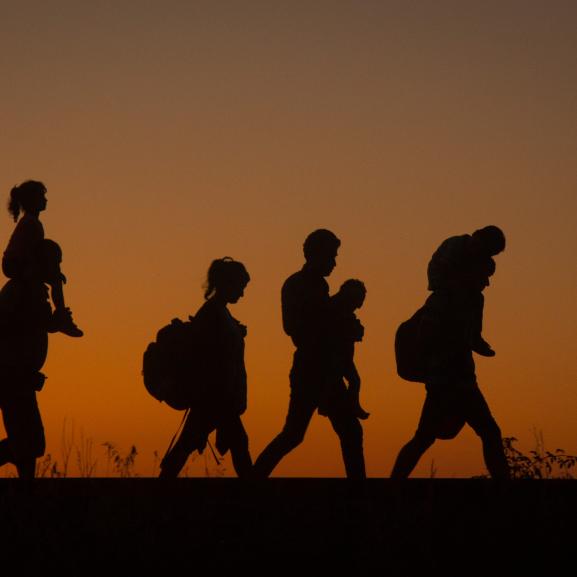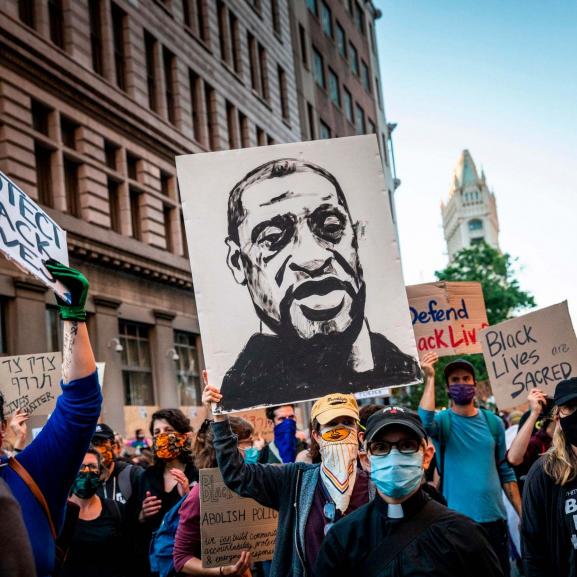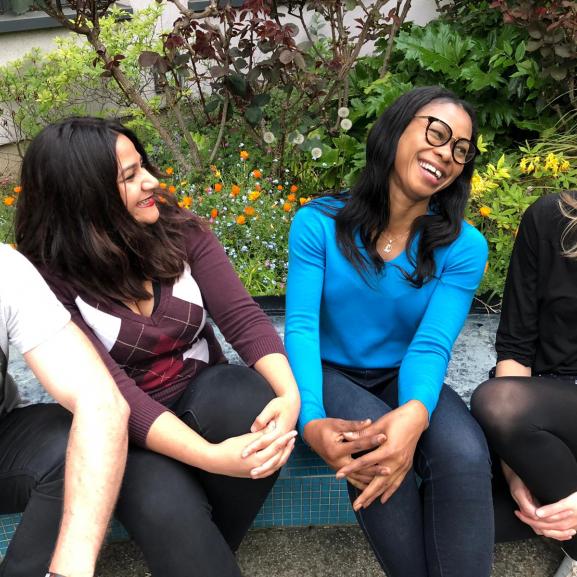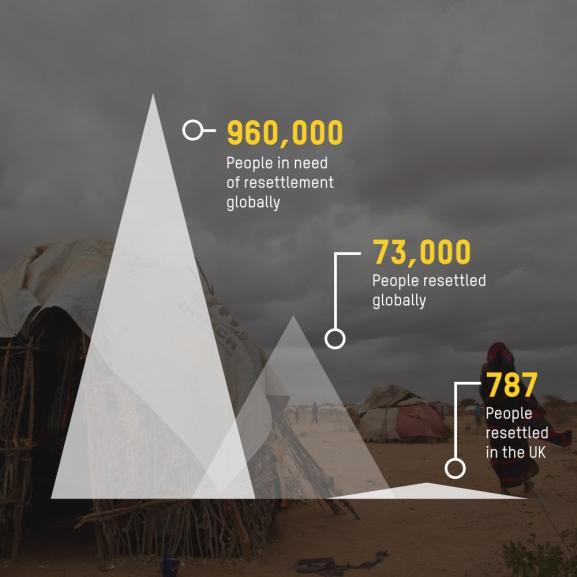UN Special Rapporteur on Torture responds to our 'Poverty Barrier' research
Following the successful launch of our 'Poverty Barrier' research in parliament, we welcome another esteemed author to our specialised blogging series. This edition features none other than Juan E. Méndez, United Nations Special Rapporteur on Torture and other Cruel, Inhuman or Degrading Treatment or Punishment.
The complex interrelationship between torture and poverty is highlighted in the London Declaration on Poverty and Torture. 'Poverty is one of the major underlying factors that keeps people perpetually vulnerable to torture' while 'torture tends to increase or deepen poverty by stripping victims of the ability to continue their livelihoods'. In other words, poverty is understood to be both a structural cause and a consequence of torture.
Freedom from Torture's vital 'Poverty Barrier' research sheds new light on a different facet of the connection between torture and poverty by focusing on a developed country hosting torture survivors as asylum seekers or refugees. Many European States are now dealing with torture victims during transit or upon arrival. These are complex victims to assist due to aggravated factors, such as language and cultural barriers, and in addition to torture these individuals may also have been subject to prolonged administrative detention.
The 'Poverty Barrier' research demonstrates that torture survivors living in exile in the UK are pushed into poverty by government systems that are meant to support them. The report details the detrimental, even devastating, impact of poverty on the capacity of survivors to rehabilitate following torture.
The findings are timely against the backdrop of new guidance from the UN Committee Against Torture on the right to rehabilitation for torture survivors as an aspect of the right to redress set out in Article 14 of the UN Convention Against Torture and Other Cruel, Inhuman or Degrading Treatment or Punishment. The Committee has made clear that Article 14 entails a duty on States to ensure effective rehabilitation services are accessible to all survivors, including those who are asylum seekers or refugees.
Impoverished living conditions like the ones described in this research, which deprive survivors of the safe recovery environment necessary for accessible and effective rehabilitative therapy, raise serious questions about compliance by States parties to the UN Convention Against Torture given their legal obligation to provide survivors with 'the means for as full rehabilitation as possible', a concept further reinforced by UN Human Rights Council resolution 22/21.
While international law and practice requires certain minimum standards and principles in relation to redress and reparations, I am concerned that some States only award formal rights which are often modest and peripheral to the justice system. I am equally dissatisfied by the lack of progress in institutionalizing basic principles and guidelines which seek to provide minimum standards for victims. I hope this report will be an impetus for new strategies to eradicate poverty as a barrier to rehabilitation for survivors of torture wherever in the world they may be.
Freedom from Torture's 'Poverty Barrier' research was launched on 17 July 2013. Keep an eye on our blog series for more and follow us on twitter at #povertybarrier.







